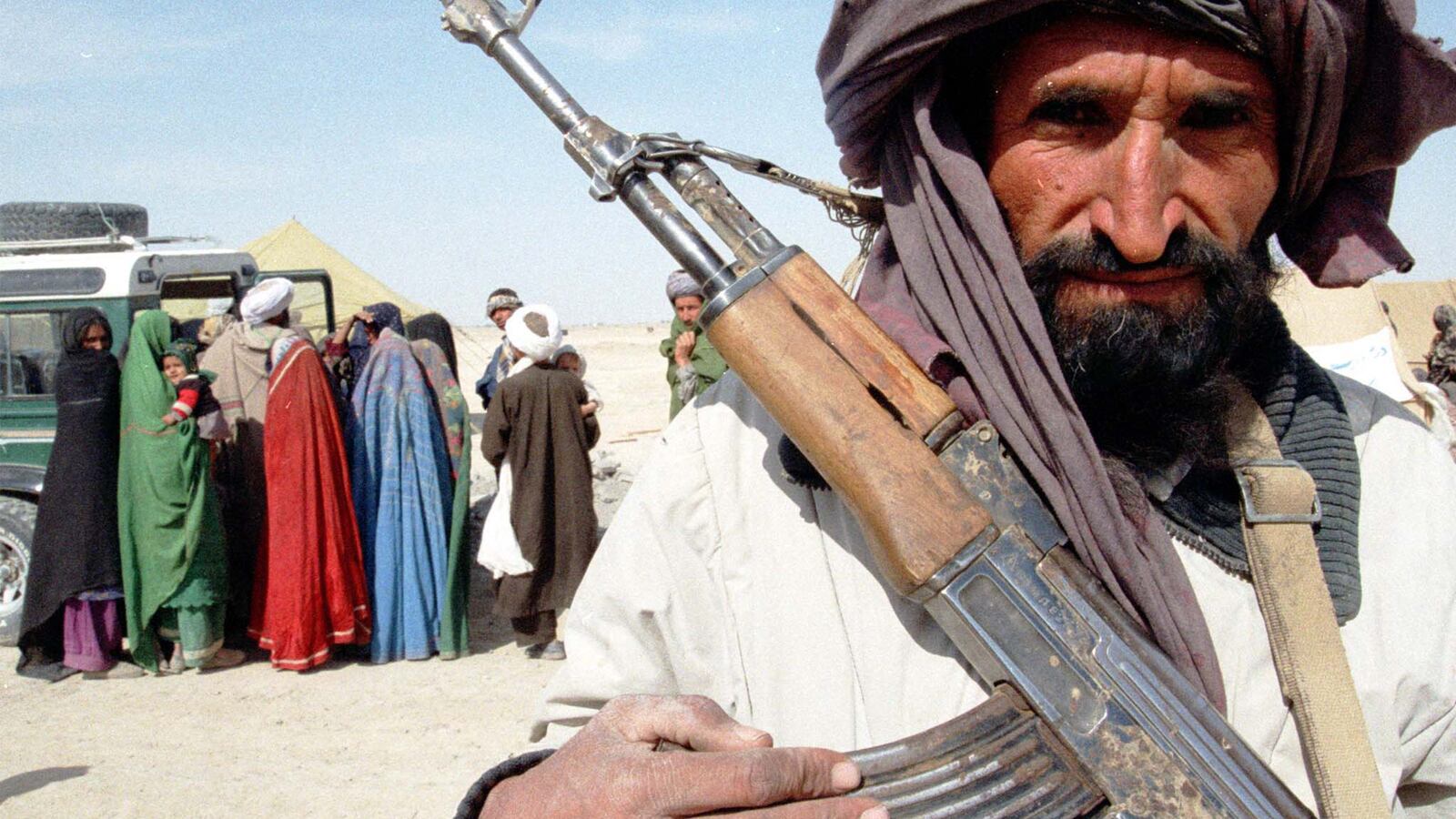One of the foremost critiques of U.S. President Obama’s Iran deal is that the promise of more than $100 billion in sanctions relief will invigorate the Islamic Republic with funds to continue its covert wars throughout the Middle East. Even the president noted at a recent White House press conference Iran’s “support for terrorism” and “its use of proxies to destabilize parts of the Middle East.” The Islamic Republic of Iran, since its founding in 1979, has sought to “export the Islamic revolution”— which its leaders see as still unfolding. Indeed, Iran has shown no signs of dialing back on these efforts in the region since the nuclear accord was announced.
Now Iran’s parliament is considering a new law that will give Iran more fighters for questionable military pursuits.
The following is adapted from an article by Nargess Tavassolian published on IranWire.
Iranian members of Parliament have taken steps to award foreign nationals with citizenship in exchange for the small price of taking up arms for Iran.
Proposed amendments to Iran’s Civil Code under the name “Facilitating Naturalization of non-Iranian Veterans, Warriors and Elites” will offer citizenship to foreigners who join Iranian military units—be it border patrol, militias confronting the so-called “Islamic State” in Iraq and Syria, groups involved with public order operations, or any of Iran’s less “official” military initiatives, including support for Hezbollah in Lebanon. Under the amendments, “revolutionary heroes” can become citizens without undergoing existing naturalization requirements.
Parliamentarians who signed the bill say those who “serve the revolution,” including people who have contributed to Iran’s scientific progress, will be entitled to easier access to the citizenship they deserve. Yet human-rights activists and lawyers say the amendments are part of a political and militaristic strategy to entice immigrants, who have resided illegally in the country since 1979, into fighting Iran’s proxy wars.
If passed, the amendment to Article 980 will allow a new working group—the Committee for Granting Naturalization to non-Iranian Veterans, Warriors and Elites—to decide if a non-Iranian “revolutionary” will be granted Iranian citizenship. The MPs who tabled the bill on January 12 include several conservative parliamentarians who are currently waiting for their amendment to be reviewed.
Who does this new law affect and what is it really trying to achieve?
“After the Soviet Union invaded Afghanistan [in 1979], the government of the Islamic Republic of Iran opened its doors to Afghans, arguing that Islam does not recognize any borders,” explains Shirin Ebadi, an Iranian human-rights lawyer and 2003 Nobel Peace laureate. “At that time, around 4 million Afghans came to Iran, but only around 10 percent of them managed to obtain residency permits.” The rest, she explains, remained illegally, and were thus denied basic rights which citizens enjoy. “At that time,” Ebadi continues, “Iran had begun an eight-year war with Iraq and was naturally in need of inexpensive labor. Iran took advantage of illegal Afghan workers to satisfy this need.” But when the war ended, the policy remained.
Decades later during the Arab Spring upheaval in the region, the Iranian government became deeply involved in attempts to stabilize Iraq and Syria. But it was important, Ebadi states, for Iran not to be seen to be intervening. To do this, it chose to use Afghans, who were residing illegally in Iran, in its proxy wars, offering residency permits as incentives. As further encouragement, she says, “MPs introduced a new bill that would grant naturalization to non-Iranians who fought in these proxy wars on behalf of Iran.”
Under the current law, individuals “who have rendered services or notable assistance to public interests in Iran” may apply for citizenship. Nationality is also available to “those who have Iranian wives by whom they have children, or who have attained high intellectual distinctions, or who have specialized in affairs of public interest.” These applicants do not need residency before applying—but they do still need the approval of the Council of Ministers. And now, under the new proposals, not only will “veterans, warriors and elites” not need residency, but they will also no longer have to wait for the Council of Ministers to approve their naturalization.
Ebadi says that the inclusion of the term “elites” in the proposed bill is actually an attempt to conceal the real objective of the law, and the agenda of those who drafted it: fueling proxy wars. It is obvious, she argues, when looking at who the committee will be comprised of, that any such applications are unlikely to be successful, especially given that “the majority of its members are not representatives of Iran’s scientific community and hence are not qualified to decide on such matters.”
Many members of the so-called elite have found the scientific and political environment in Iran to be so impoverished that they have chosen to leave, resulting in a significant brain drain. “It is really a pity that some people who bear the title of representative sit in parliament and, instead of thinking about Iran’s national interest and reputation, are more interested in enabling war in the region,” said Ebadi.
Legal expert Mousa Barzin Khalifeloo agrees that if approved, the bill could have negative consequences for Iran. Barzin notes that countries who attempt to raise their nation’s human capital “facilitate naturalization for businessmen and women. Some countries, in order to bring in expertise, give certain advantages to foreign scientists and elites. But it is obvious by looking at this draft naturalization law that the Iranian government wants to ‘give privileges to non-Iranians who cooperate on military or intelligence issues with the Iranian government.’” Barzin says this strategy becomes even more evident when considering “the high number of non-Iranians who have cooperated with the Army of the Guardians of the Islamic Revolution (Sepah).”
As Ebadi suggests, the law will work against some of the most vulnerable people in Iran, sending many of them straight to the battlefield. And, at the same time, other hardline policies continue to drive those with skills, expertise, and innovation out of the country to seek a better future, despite the fact that these intellectual “elites” are the real crusaders the Islamic Republic needs.






